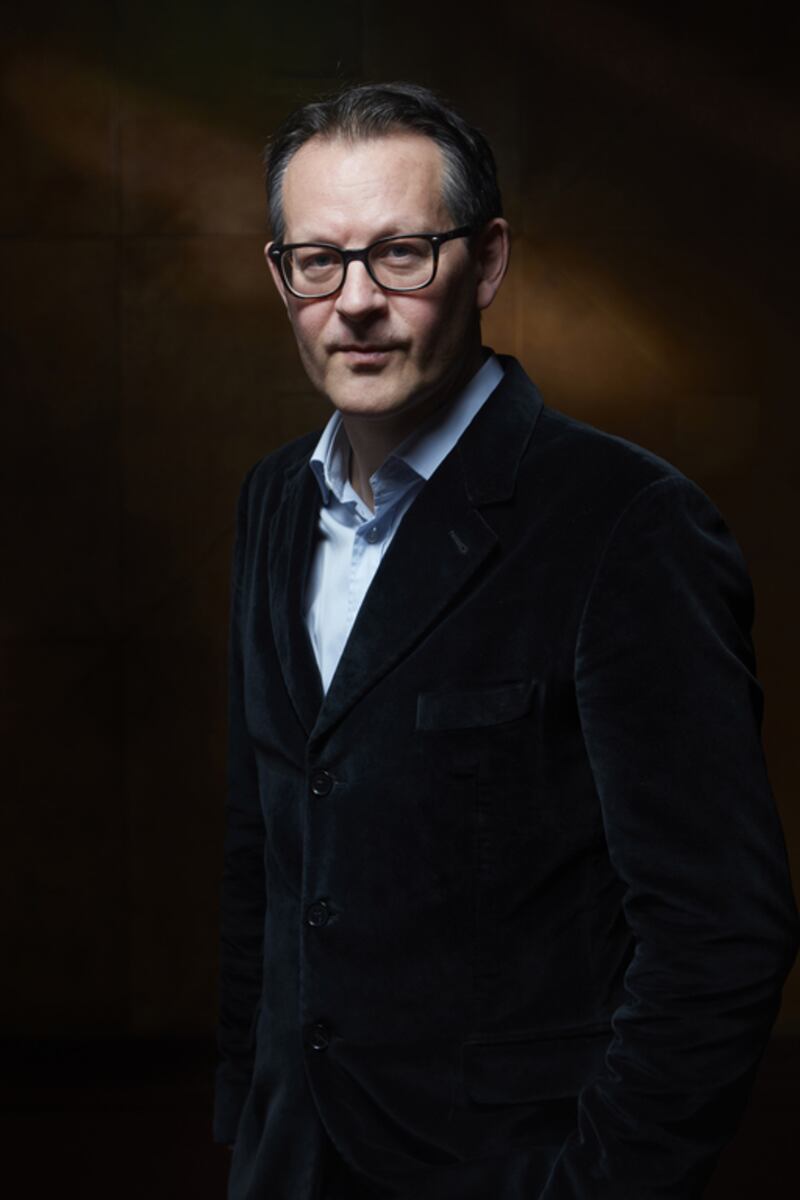It remains Agatha Christie's biggest unsolved mystery. The year was 1926, and the "Queen of Crime" had just published one of her finest detective novels, The Murder of Roger Ackroyd. With her star seemingly in the ascendant, she abandoned her car at an English beauty spot and vanished, prompting a global search for the best-selling novelist of all time.
What happened during the 10 days before she resurfaced, hundreds of kilometres north? Nobody really knows.
"She's a crime writer who disappeared from her own crime scene, and that's just tantalising," says avowed Agatha Christie fan Andrew Wilson, whose latest novel, A Talent for Murder, focuses on this notorious real-life mystery. "People have always come up with bizarre theories, although I've never really believed the amnesia story the family told." As Wilson began to delve into newspaper and police reports from the time, he realised they did not give the whole picture.
“So my imagination started to work,” he says, “and I wondered what might happen if I invented an alternative story to explain some of her more bizarre behaviour”.
Rather than speculate, Wilson creates a gripping story which sits neatly alongside one of Christie’s own crime dramas, as a “sadistic” doctor takes advantage of Christie’s fragile state of mind to blackmail her into committing a “heinous crime”. Meanwhile, a policeman suspects Christie’s husband of foul play, and a well-meaning journalist is caught up in the plot.
Wilson is also a literary biographer of some note – he has written books on psychological-thriller writer Patricia Highsmith and Sylvia Plath – and says he wanted to use some of the techniques of a biography, but also “invent, enrich and explore”.
So there is a commitment both to the known facts and the world the real Agatha Christie lived in, but they work as conduits to the fictional story and Christie’s troubled mindset.
“It was quite a challenge to write from Agatha Christie’s point of view, but for more modern sensibilities it was important that the characters were psychologically real and deep,” he says.
“In my dreams, it’s an Agatha Christie novel written by Patricia Highsmith.”
In this process of fictional enrichment, a clearer picture does begin to form of the real Agatha Christie. Although her seemingly fluffy novels, and the film and television adaptations remain immensely popular, there was a darkness at the heart of her work: her father died when she was 11, she saw the horrors of the First World War first-hand and her husband was having an affair and asked for a divorce shortly before her disappearance. “She presented herself as a polite, upper-class lady to the world, but it was a disguise,” says Wilson. “Beneath that there was something much more complex and interesting going on; there’s this perception of her as a cosy figure – a bit like her own Miss Marple – but she had a sharp brain and cynical view of human nature.”
No surprise, then, that even the fictional Miss Marple expected the absolute worst of people.
"Absolutely," he says. "To write the incredibly dark plots of Crooked House or And Then There Were None makes Christie much more interesting than the perception of her stories being some kind of Cluedo game where you have to solve puzzles. That's always fascinated me."
Fascinating enough, in fact, for A Talent for Murder to be the first of a series Wilson has planned out. There's a wonderful denouement in which Christie agrees to tell all to a shadowy government agency in return for helping them solve a "rather queer case" in the Canary Islands. So is Wilson's Agatha Christie about to become a detective? Or even better, a spy?
In the best traditions of crime writing, Wilson will not give anything away. But he does admit that he’s had a lot of fun with the second book, simply because Christie has so much to give.
“She had a vivid life – for example, she travelled to southern Iraq herself on the Baghdad Express, an extraordinary thing for a woman to do in 1928,” he says. “So there’s a richness there that I wanted to explore some more. It’s been nice to depict her younger and more vibrant.”
This is why it is unlikely that even the most traditional of Agatha Christie fans will be upset by Wilson's characterisation in A Talent for Murder: it comes from his pure and genuine fondness for her work.
"I was quite wary of writing A Talent for Murder, as I didn't want to offend," he says. "She's a much-loved author. But every Christie fan who's read it so far seems to love it, and I think they realise it's written with empathy and respect.
“I mean, I think I’m part of their community – I’ve always been a huge fan. You know the first novel I ever wrote, when I was 12? An Agatha Christie pastiche.”
• A Talent for Murder (Simon & Schuster) is out now
artslife@thenational.ae





